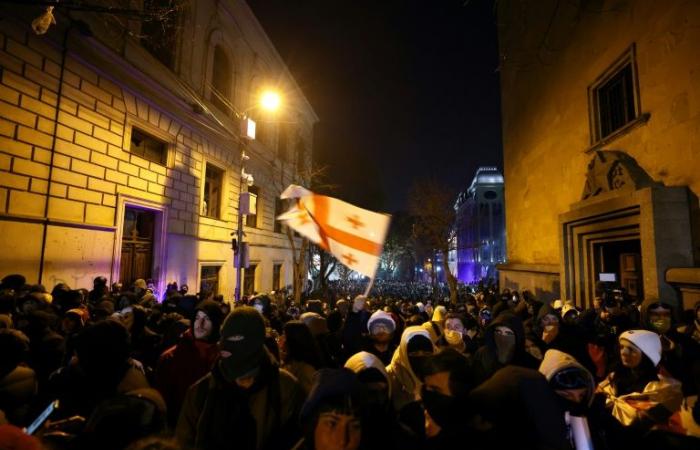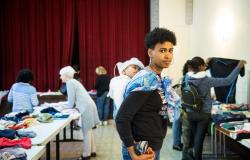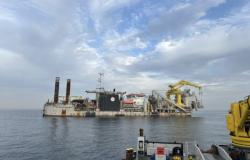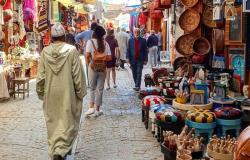The wave of pro-EU demonstrations in Georgia, punctuated by violence, enters its second week on Thursday, with the government, accused of pro-Russian autocratic drift, attempting to curb the movement with the arrest of three opposition leaders.
This Caucasian country has been going through a serious political crisis since the legislative elections of October 26, won by the ruling party, Georgian Dream, but denounced as rigged by its detractors.
Massive demonstrations finally broke out on November 28 after the government announced the postponement until 2028 of the ambitions of this former Soviet republic to join the EU, a decision which ignited the powder in this country which registered its European ambitions in the Constitution and 20% of the territory is de facto controlled by Russia.
On Wednesday evening, thousands of pro-EU protesters gathered again outside Parliament in the capital Tbilisi for a seventh night of protest. The previous six had been dispersed by the police using water cannons and tear gas, and nearly 300 people were arrested.
The crowd seemed sparser last night compared to previous days, even if the crowds remained significant for this country of around 4 million inhabitants.
As on the previous evenings, the demonstrators, who displayed Georgian and European flags, used green lasers to try to blind the police, lining up in front of the windows, many of them broken, of the Parliament.
– Leaders arrested –
Georgian Prime Minister Irakli Kobakhidze has, for the moment, adopted a hard line, threatening the opposition and refusing any concessions.
In this logic, the authorities searched the offices of the opposition Droa party on Wednesday. Hooded police officers brutalized then took away Nika Gvaramia, the leader of another allied party, Akhali, according to images from the independent television channel Pirveli.
According to this channel, two other opposition leaders, Alexandre Elisachvili and Zourab Datounashvili, were arrested.
The Interior Ministry also reported the arrest of seven people accused of having “organized” violence during the demonstrations. They face up to 9 years in prison.
The main Georgian opposition party, the United National Movement (UNM) of imprisoned former president Mikhail Saakashvili, accused the authorities of having “launched a campaign of terror and repression”.
Georgia’s human rights commissioner, Levan Ioseliani, accused police of violating protesters “in a punitive manner.”
Some 293 people have been detained since the start of the movement, the Interior Ministry announced Tuesday evening, and 143 police officers have been injured.
– Fear and anger –
On Wednesday evening, demonstrators interviewed by AFP in Tbilisi wondered whether the increased pressure from the authorities could stifle the protests or, on the contrary, galvanize them.
Nikoloz Bakouradze, a 19-year-old student with a thin moustache, believes that the movement, mainly confined to Tbilisi, had “already passed its peak”.
Eka Moniava, a 50-year-old artist, thinks that the arrests and police raids show that those in power “are afraid” and seek to intimidate. “People are getting angrier and angrier,” she says, hoping that will push them into the streets.
Torniké, a 29-year-old musician, says he did not participate in the demonstrations in the first days. “But seeing on television how the police treated people, I came,” says this man, who wears a ski mask.
The attitude of the police is “disgusting, there are no other words,” he said. “It’s not human.”
Senior Georgian officials also began to express their opposition to the government by slamming the door.
Several ambassadors and a deputy foreign minister resigned, followed on Wednesday by an interior ministry official responsible for organizing the response to the protests.
Washington and the EU have also strongly criticized the excessive use of violence by the police.
Do you have a real estate project in mind? Yakeey & Médias24 help you make it happen!






